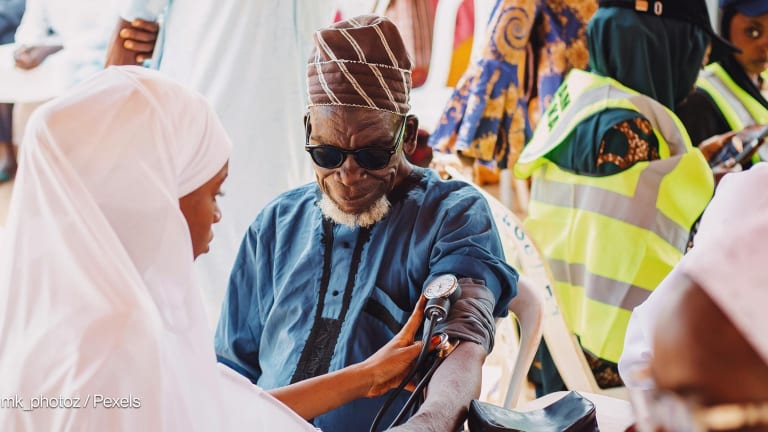The Lego Foundation has launched a $137 million challenge to tackle what it calls a “global early childhood emergency” caused by the COVID-19 pandemic.
The Build a World of Play Challenge will give five-year grants — two worth 100 million Danish krone ($15.2 million) and three worth 200 million krone — to five organizations around the world working with children under the age of six in a wide range of areas, including education, nutrition, family well-being, and reduction in home violence. Ten finalists will receive 6.5 million krone each.
The challenge will involve a third of the foundation’s spending over the grant period — the latest example of what Anne-Birgitte Albrectsen, CEO of the foundation, called a “big bang” approach, where the foundation makes a major investment in a particular thematic area with the intention of sparking new ideas, generating lasting change, and producing a big intervention, which might alter the behavior of institutional donors.
This story is forDevex Promembers
Unlock this story now with a 15-day free trial of Devex Pro.
With a Devex Pro subscription you'll get access to deeper analysis and exclusive insights from our reporters and analysts.
Start my free trialRequest a group subscription







